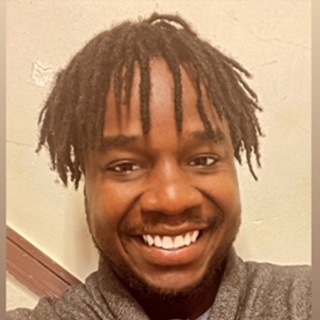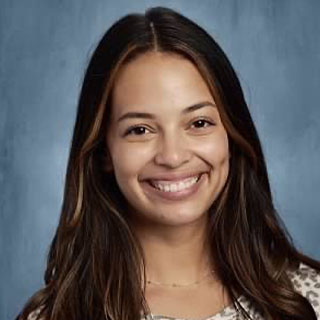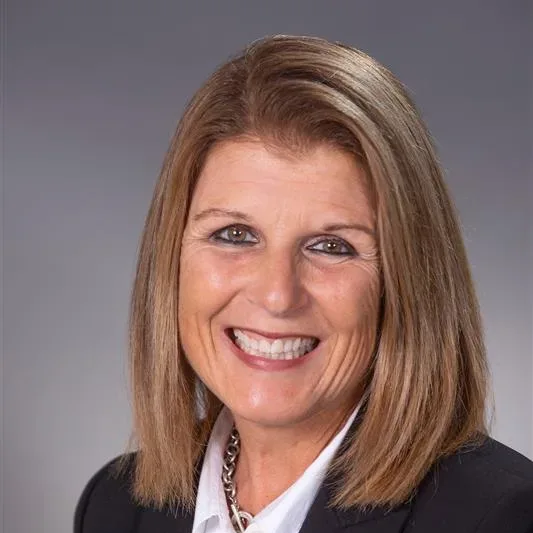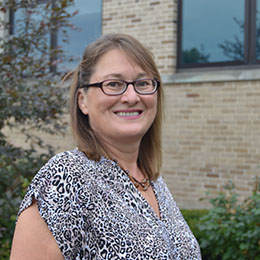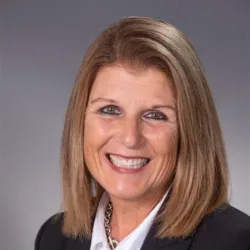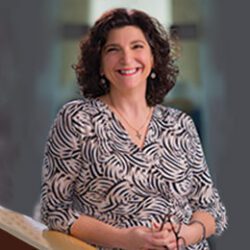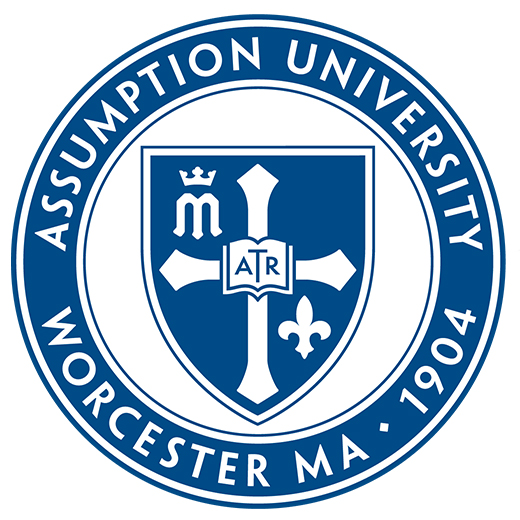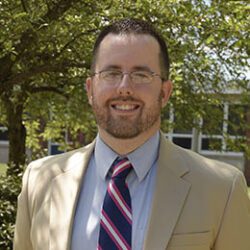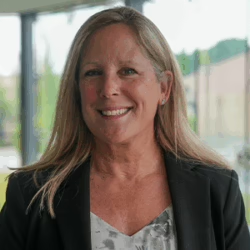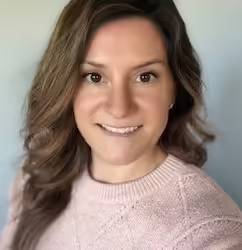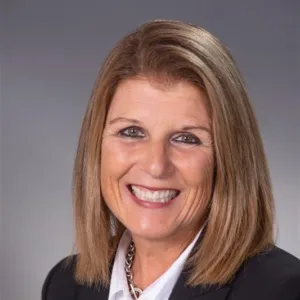 Dr. Susan Scully,
Director
Dr. Susan Scully,
DirectorOur rigorous, comprehensive program has been “approved with distinction” by Massachusetts Department of Elementary and Secondary Education (DESE). There are only three institutions in the state with this designation.
We offer two tracks: School Counseling and School Adjustment Counseling/ School Social Work
Students are educated and trained in counseling strategies and interventions (academic, social, emotional, and behavioral) to facilitate positive outcomes for PreK-12 youth. The role of the school counselor has evolved over the years and has become quite expansive. At the same time the needs of our school youth have become much more significant. We know that youth cannot achieve academic success if they are struggling socially, emotionally, and/or behaviorally. Therefore, the role of a counselor in a school setting crosses many domains of student functioning. Our program has a well-defined mission that is focused on the tenets of social justice and anti-bias education. We educate students to recognize that youth of all social identities can learn, achieve, and succeed with the needed tools, resources, and learning environment. The faculty in the program are a strong group of academics, educators and practicing school support personnel (school psychologists, administrators, school counselors, school adjustment counselors). They model the disposition and characteristics required to be an effective counselor in the schools. Faculty are committed to student learning and success. Class sizes are small and there are many opportunities to connect and engage with faculty and fellow classmates. Students in the program typically coalesce and form study groups as well as life-long professional relationships. I hope you will seriously consider the School Counseling Program at Assumption University as you think about your future career. A career as a counselor in the school is dynamic, vibrant, meaningful, and deeply rewarding.Graduate Virtual Information Sessions
School Counseling Program Contact
Graduate Admissions
Admissions Representative
Susan Scully, Ph.D.
Associate Professor , Director of School Counseling, Core Faculty Member in Rehabilitation Counseling
An Ideal Place to Learn
Faculty
From Software Sales to School Counseling: Ryan's Journey of Purpose
Ryan Fernandes, Guidance Counselor at a New England High School
Graduate Admission Events and Ways to Connect With Us
We invite you to learn more about our graduate programs - either through a visit to campus, attending an information session or by scheduling a phone or virtual conversation with an admissions team member or one of our program directors.
Admission Requirements
Admission Requirements
- Graduate Application
- Completion of three online recommendation forms
- Official Transcript(s)
- Personal Statement
- Current Resume
- Interview with Program Faculty
- GRE not required
- MTEL Passage not Required
- TOEFL or IELTS for applicants whose native language is not English
Graduate Research Symposium
Assumption University Graduate School Annual Symposium showcases research, innovative projects, successful case study, and creative work of graduate students and recent alums from every graduate program. We offer all graduate students in every program an opportunity to present their excellent work on diverse topics.
Veterans at Assumption
Assumption University recognizes that servicemen and women have demonstrated great courage and made tremendous sacrifices in service to our nation and its people. The University has introduced a number of programs and services to assist veterans during the application process and while veterans are attending Assumption. We also have a lounge designated only for our veteran students. Assumption University is committed to maintaining recognition as a Military Friendly institution. We strive to eliminate barriers to success for our Service Members, Veterans, and their qualified dependents.



